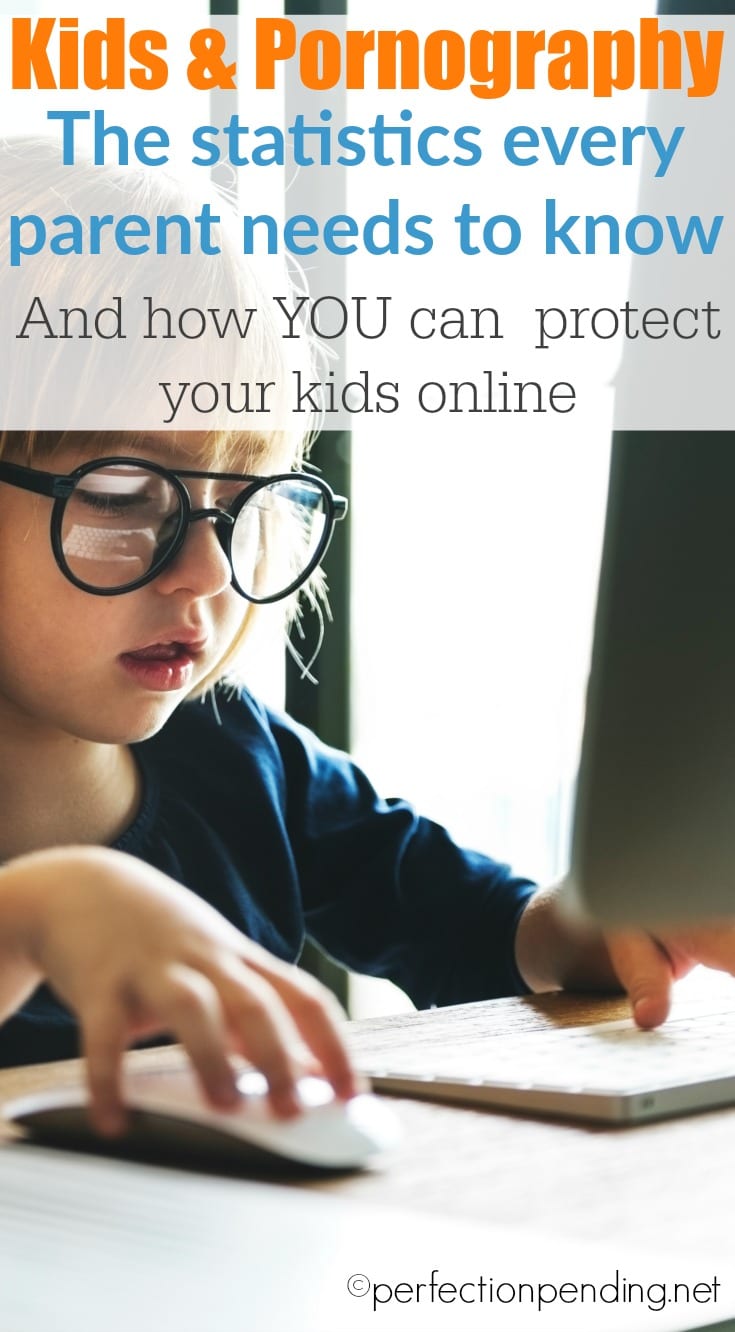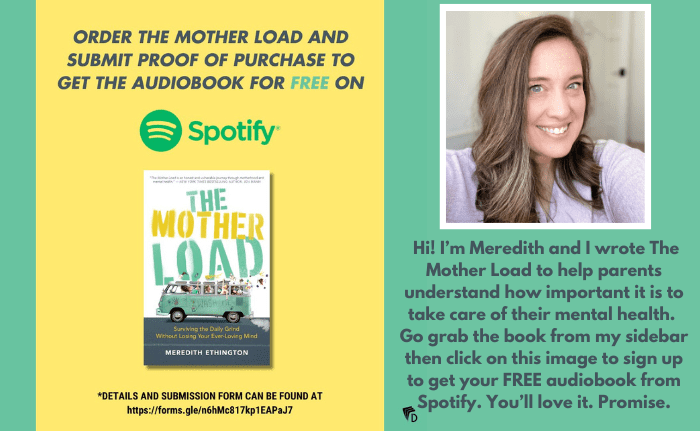The word porn and kids should never be in the same sentence, but this seems to be the world we are living in, unfortunately.
The statistics about kids and pornography are more than a little disturbing, too.
This week in church, our Sunday school teacher shared some startling statistics about pornography that were not new to me, but every time I hear them, I realize I need to be more vigilant with my own kid’s online activity.
And here’s what you need to know and how you can protect your kids online.

First of all, here are a few of the statistics about pornography every parent should know:
- In 2015, the C.S. Mott Children’s Hospital National Poll on Children’s Health (link is external) ranked internet safety as #4 in the top 10 health concerns for children. Ranking ahead of school violence.
- According to TopTenreviews.com the average age of first Internet porn exposure is 11 years old.
- 35% of total downloads on the Internet are pornographic in nature.
- One out of 7 kids have received a solicitation of porn and there are 100K websites that offer illegal child pornography.
- The Crimes against Children Research Center says that 1 in 5 teenagers have received a sexual solicitation via the web.
- and “about 25 percent of the youth who encountered a sexual approach or solicitation told a parent.”
- According to LDSLiving.com “79 percent of young people’s unwanted exposure to pornography occurs in the home.”
-
“Nearly 60 percent have received an e-mail or Instant Message from a stranger, and half responded to the stranger’s message” according to this report.
So the bottom line is, our kids are seeing this stuff, whether they want to or not, and many of them aren’t telling us about it.
My oldest is ten years old, and while we’ve had many talks with her about making sure to tell us if she sees something online that makes her uncomfortable, I think we haven’t been blunt enough in our conversations.
So, what should parents do to protect their children online?
Start talking about it EARLY.
I first realized my kids were vulnerable when a seven year old in our neighborhood showed my kids something on his iPod touch that was not age appropriate. It wasn’t porn, but it was also something I didn’t want my kids to see.
Realize that while you are doing everything to set appropriate limits in your own home, other kids are walking around with devices in their back pockets and they can expose your kids to porn on purpose, or accidentally.
It’s never to early to start talking about internet safety.
Know what games your kids are playing online.
While screen time limits are important, and so are knowing the age appropriateness of games, you can never do too much investigating. I was surprised to learn from this article that Minecraft has a sex mod on it.
Yes, you heard me right. Make sure you are using parental controls, and playing the games your kids are playing. Roblox is another popular game that I recently discovered has rooms where you can go shoot cops. Something I did not know.
Talk to them about when strangers approach them online.
The sad reality is that child predators are lurking where the kids are lurking. That means they are on popular games where they can interact with our kids.
Make sure your kids know that if someone starts talking to them that they should never share private information with that person such as their name or date of birth, and to tell you when they are approached by someone they don’t know online. No exceptions.
Watch the everyday things your kids are seeing.
Pornography is addicting, however, it doesn’t always start with hard-core porn. Sexually explicit images are everywhere, and monitoring television shows, radio, magazines, and all other media sources in your home will help you protect your kids. If they find sexual images as commonplace, then they will be less likely to turn away from pornography when they see it.
Reassure them that an exposure is not their fault.
Kids need to know that at some point, they are going to come across this issue somewhere. Let them know now that if they do accidentally become exposed, or even if they seek out the information out of curiosity, that they can talk to you about it.
There is a lot of shame around viewing pornography, and this contributes to why kids are afraid to tell their parents. Open the discussion now, so that when it happens, they aren’t afraid to tell you.
Still looking for more help and ideas? Here are some great resources for protecting your kids online from pornography.
How to Block Porn on Internet Connected Devices
Protecting Your Child’s Privacy Online
5 Free Ways to Protect Your Kids Online
Utah Coalition Against Pornography
Raising Pornography Immune Kids






Good advice. We must be thinking along the same lines because we just had a talk with our oldest 3 kids about seeing porn the other day. We explained that it’s not good for your brain when you’re a kid (actually, I don’t personally think it’s great for adults, either) to see strangers with their clothes off so if you happen to see it you should close the computer and come tell us. Even if you looked for it on purpose you will never get in trouble, we just want to help you avoid things that continued exposure to won’t be good for your brain development.
This has not so surprising statistics on pornography, I am a 13 year old boy who goes to an average american middle school and honestly kids act and make joke about porn all the time at the point where everyone knows that most likely everyone has seen it at least once and yes girls do too. But honestly I have seen kids grown up and matured at the point where they notice porn is a bad thing, you don’t have to worry about any of this with your child because everyone grows out of it. But in my own opinion this article is a little bit exaggerated for watching what games there playing and having full surveillance of what there child is doing on a device like tf? First of sex mod in Minecraft is hard to even get to and mods cant be downloaded on most softwares or its really really hard to. Also shooting cops isn’t really a big deal as long as your kid is aware that this is a game not real life. Tbh it all lead to awareness, and parenting. Curiosity is what leads to porn but if there aware at age 9 they would turn out greater than if you kept it a secret.
Thanks a lot for sharing this article. We really need to protect our kids because these kind of things will really cause bad things to them.
Before I make this comment I want to say my dad is a cop and I am one of the biggest police pro people you can ever meet. You said Roblox had rooms where kids can shoot cops. Do you realize that those are called cops and robbers games ?